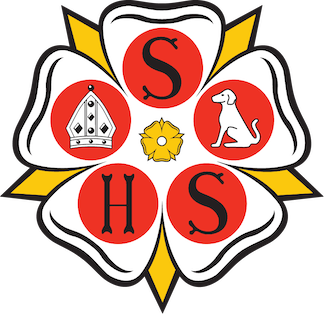Key Stage 3
The Key Stage 3 History curriculum has been designed to give students a broad and balanced understanding of local, national and international history. It is taught through an initial thematic study to introduce chronology and themes together then chronologically to secure understanding and regular return to a variety of themes. Students work to develop their historical thinking in areas of cause and consequence, change and continuity, significance, sources as evidence, interpretations and similarity and difference. Students are assessed through a range of low stakes retrieval practices to summative written assessments, receiving a range of feedback from in class verbal feedback every lesson to written individual targets.
The topics studied across Key Stage 3 are driven by the enquiry questions below:
Year 7
- What is history?
- Why have people migrated to Britain c.30,000BC-present?
- Did the Normans Bring a Truckload of Trouble?
- What was life like in the Islamic World, c600-c1000?
- What were the main problems faced by medieval monarchs c1100-c1400?
- Why did Europe change the church in the 16th Century?
- What should we remember about 17th Century England?
Year 8
- How was Britain and its’ Empire affected by the Trans-Atlantic Slave Trade c1600-c1850?
- What was the impact of the Industrial Revolution on the ordinary people who lived through it?
- What did ‘revolution’ mean in the Age of Revolutions c.1750-c1920?
- Why did it take so long to achieve votes for women during the early twentieth century?
- Who or what caused the First World War?
- How do we remember World War Two, including how and why did the Holocaust happen?
If you require any further information about the KS3 curriculum, please contact Ms Kesterton (Curriculum Leader: History)
